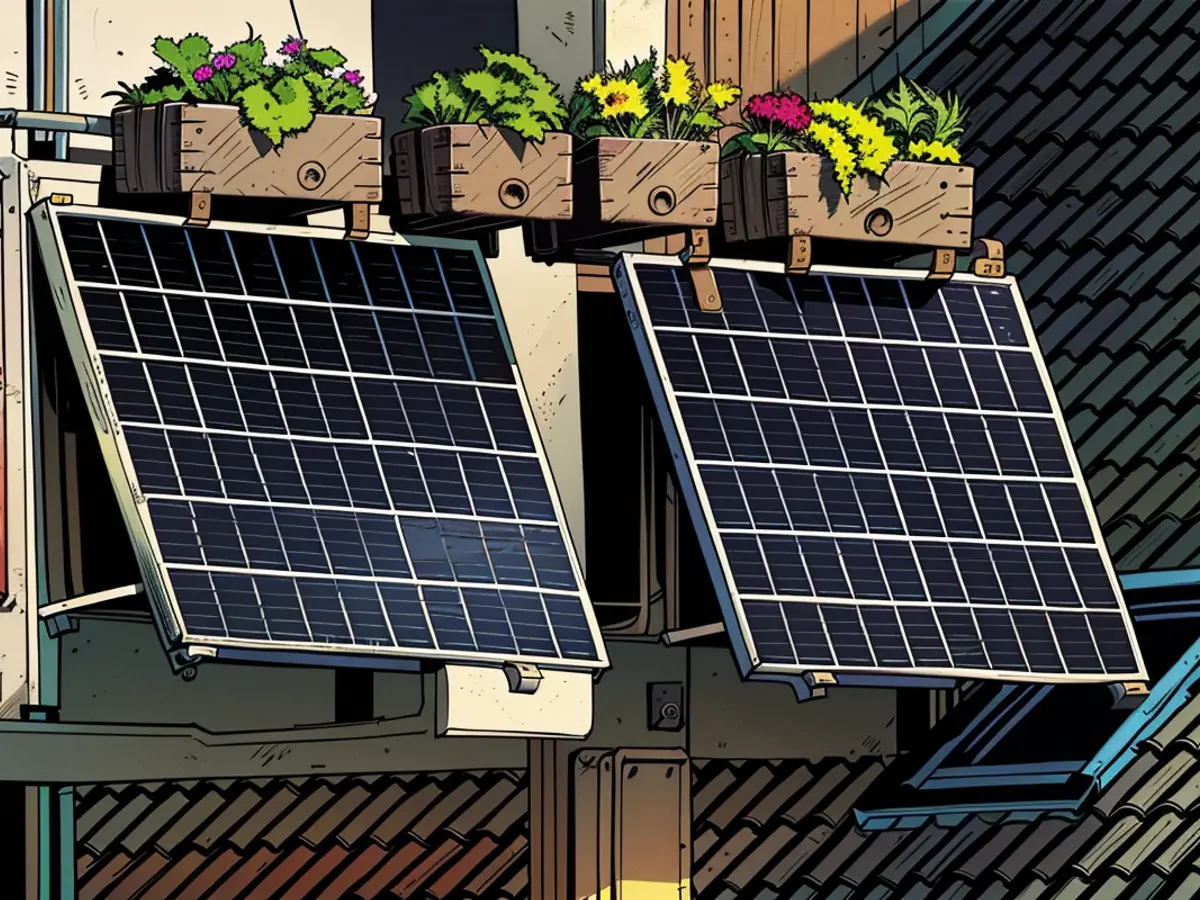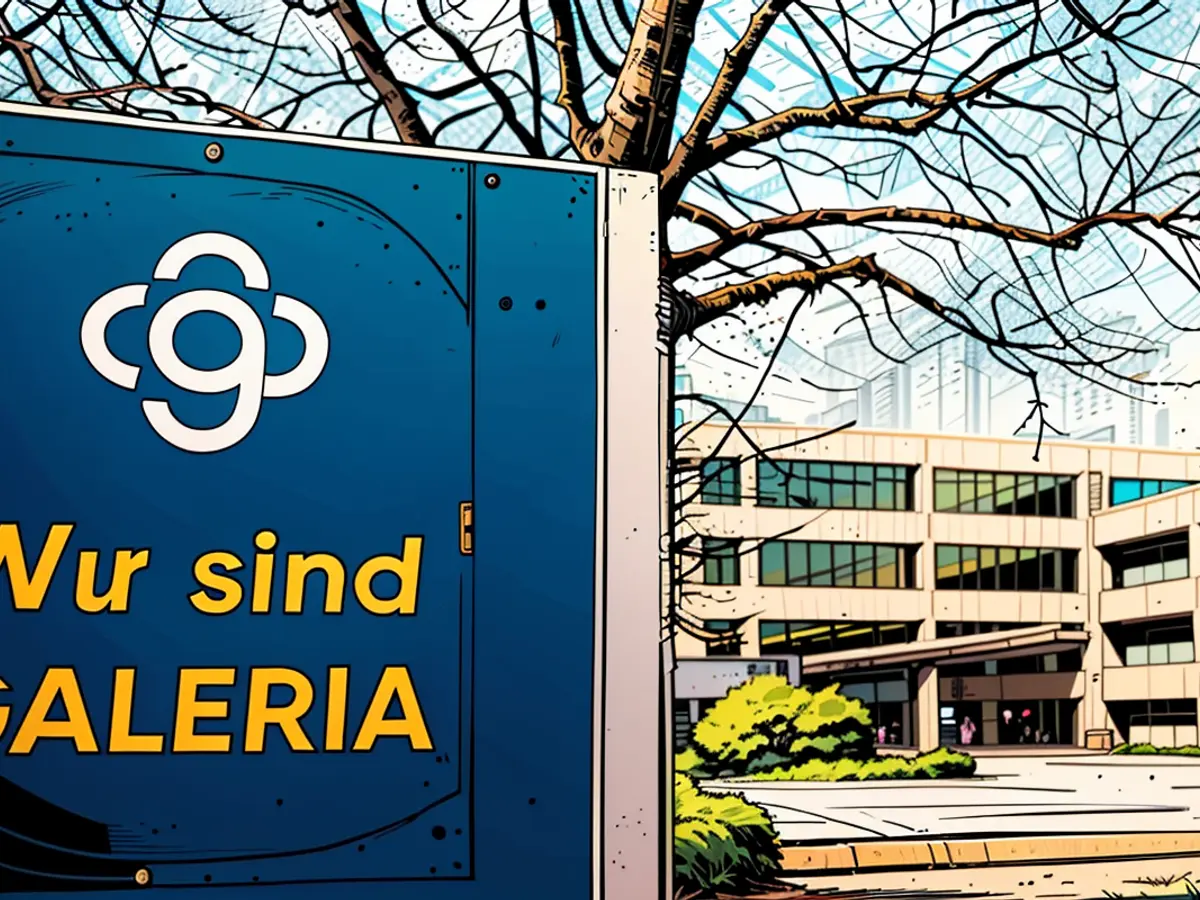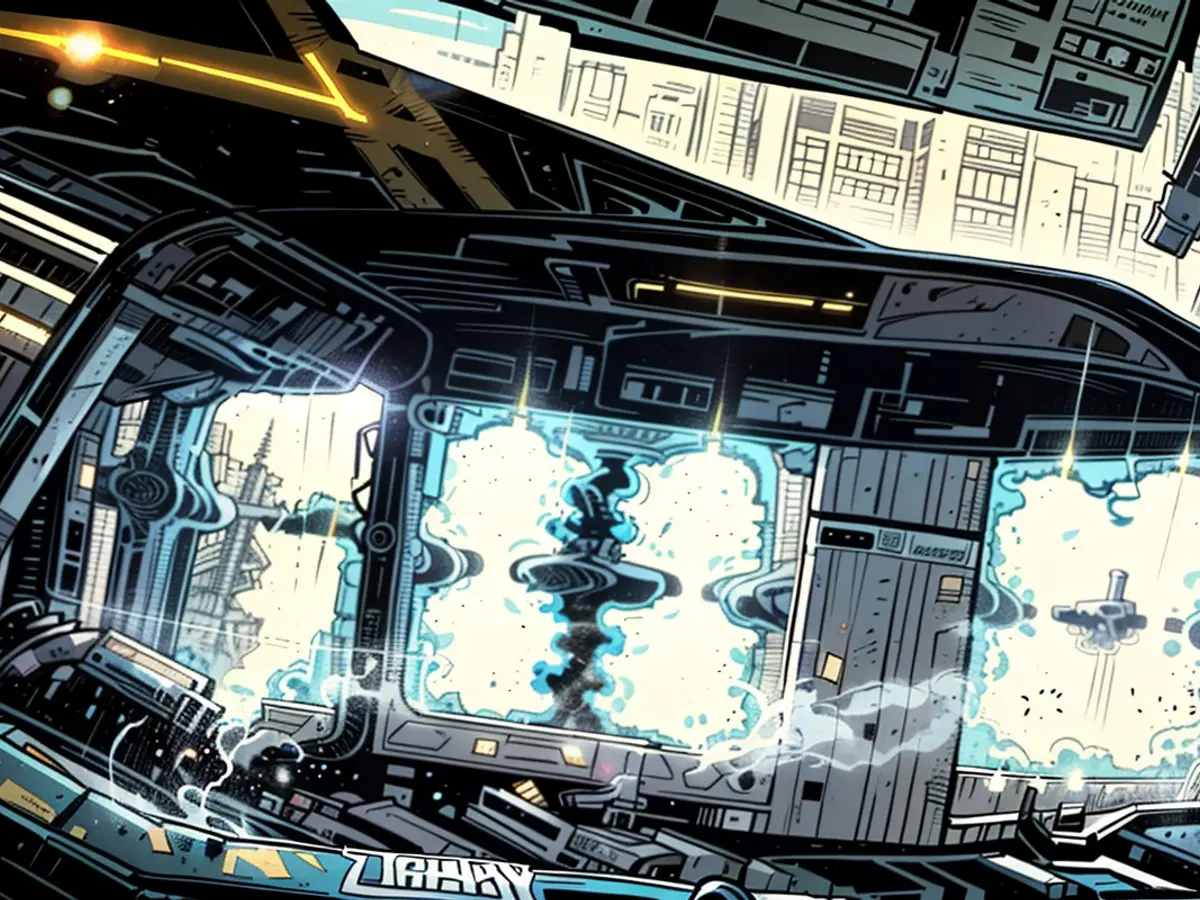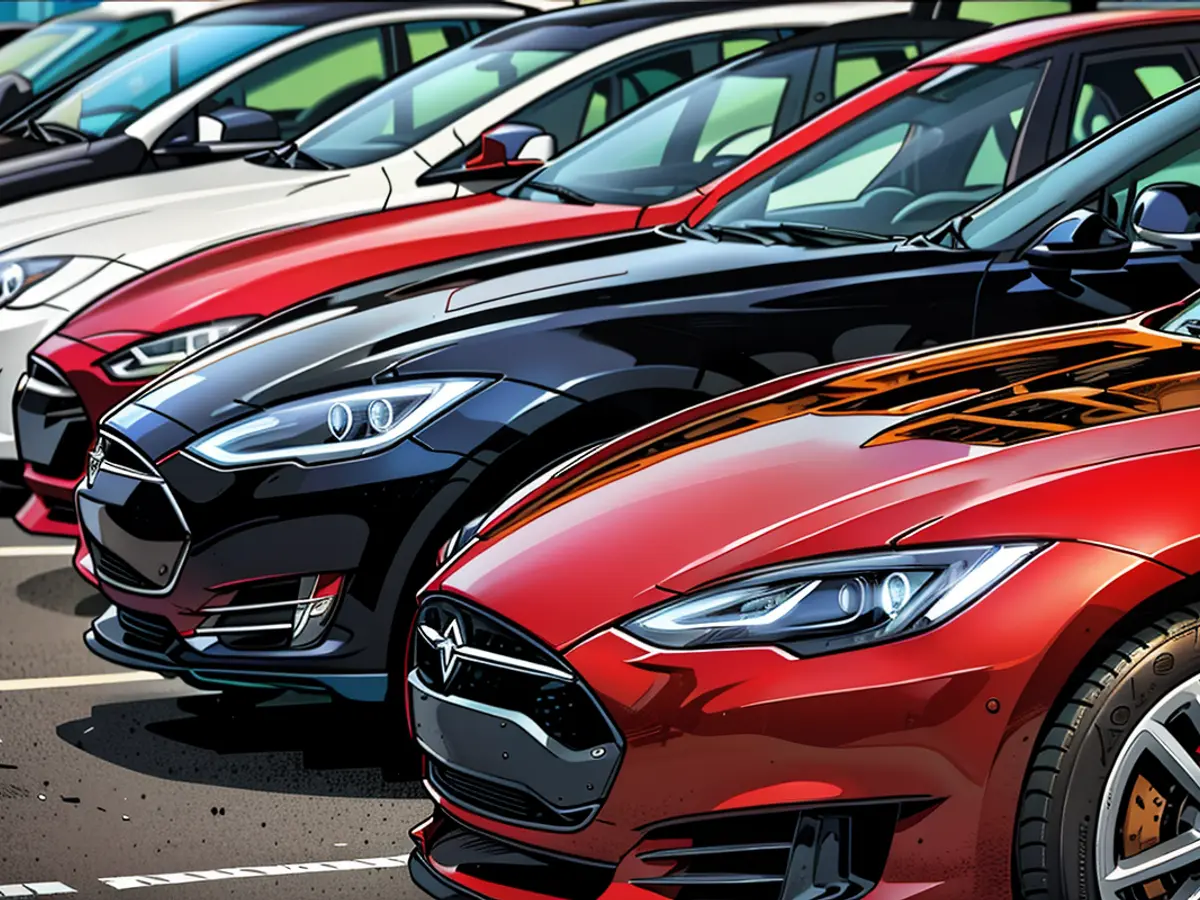- Less money for rooftop solar from August
Starting this month, there's less money for those feeding electricity into the grid with their own solar installations. The feed-in tariffs for photovoltaic systems on roofs and facades that start operating on or after August 1st will be reduced.
According to the Federal Network Agency, the state-set price for systems up to 10 kilowatts is now 8.03 cents per kilowatt-hour, down from 8.11 cents previously. This applies to operators who use some of the power themselves and feed the rest into the grid. For those feeding in all their power, the price drops from 12.87 cents to 12.73 cents.
However, Carsten Körnig, CEO of the Federal Association for Solar Energy (BSW), expects this change to have no negative impact on demand for solar panels. The height of savings on electricity purchases from energy suppliers is a more important factor than the EEG subsidy level. Körnig stated that self-generated electricity is significantly cheaper, with costs ranging from a third to at most half of regular tariff costs.
A spokesperson for the Federal Ministry of Economics explained that the EEG subsidy is decreasing because it is adjusting to the declining costs of solar installations. Körnig confirmed that prices have noticeably decreased in recent months.
Solar power remains attractive
In addition to savings on electricity costs or self-sufficiency, subsidies, and reduced installation costs, there's another factor making solar installations attractive. Solar power storage systems and photovoltaic systems are exempt from value-added tax, and there are favorable loans available for financing.
According to BSW data, the newly installed photovoltaic capacity doubled from 2022 to 2023. Since 2016, it has even increased tenfold.
Despite the reduction in feed-in tariffs for renewable energy sources like solar power, the CEO of the Federal Association for Solar Energy forecasts no decrease in demand for solar panels due to significant cost savings from self-generated electricity. Energy from renewable sources, such as solar power, continues to be attractive due to savings on electricity bills, subsidies, reduced installation costs, and tax exemptions on solar power storage systems and photovoltaic systems.








